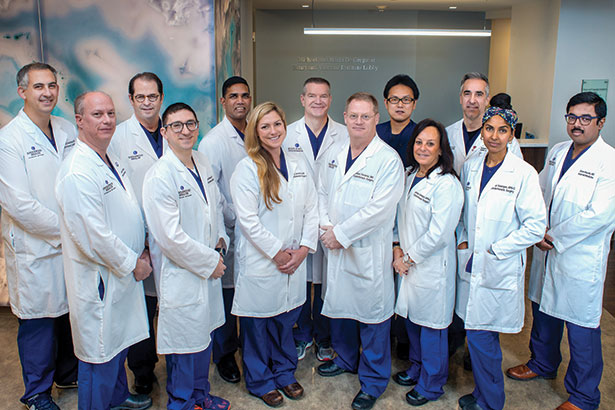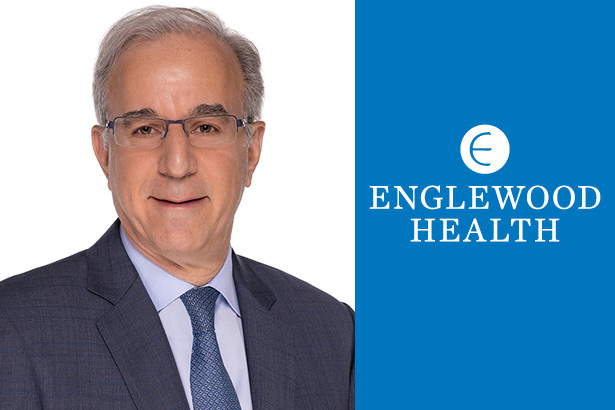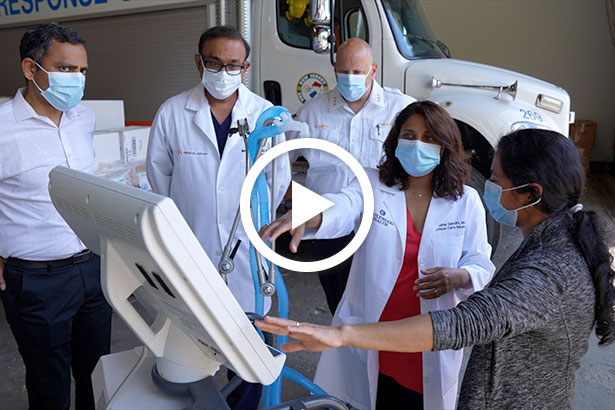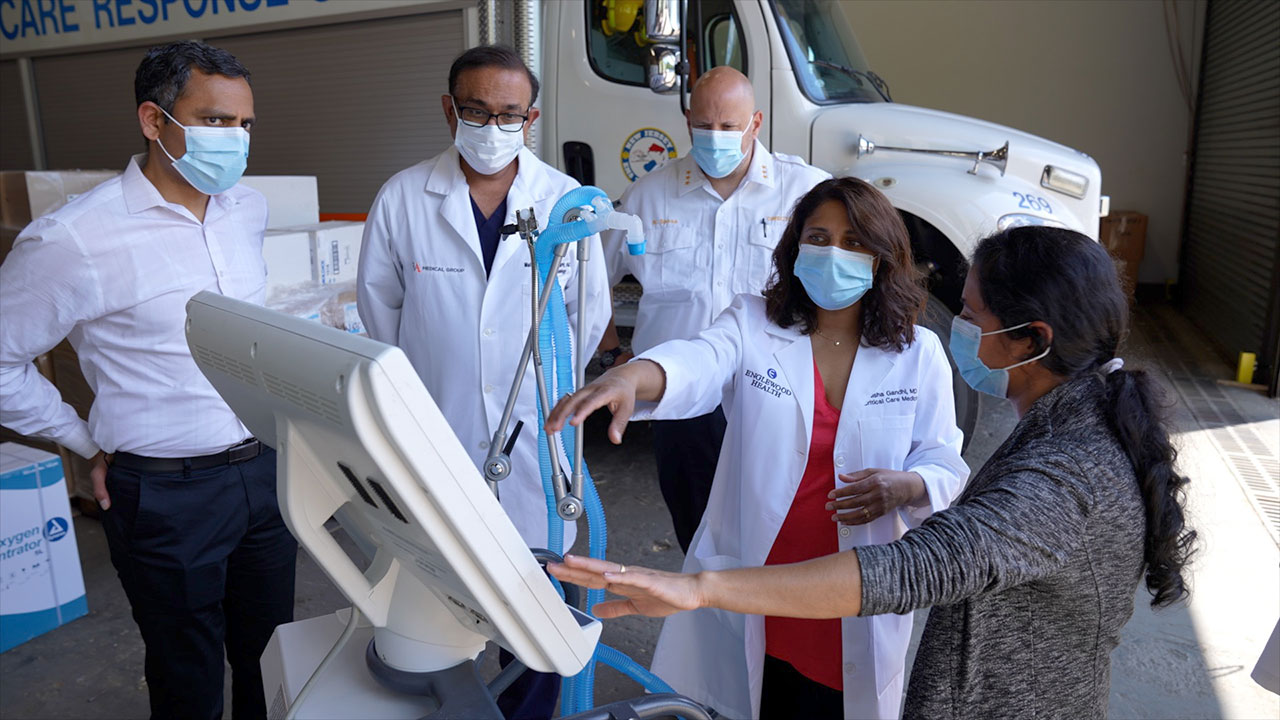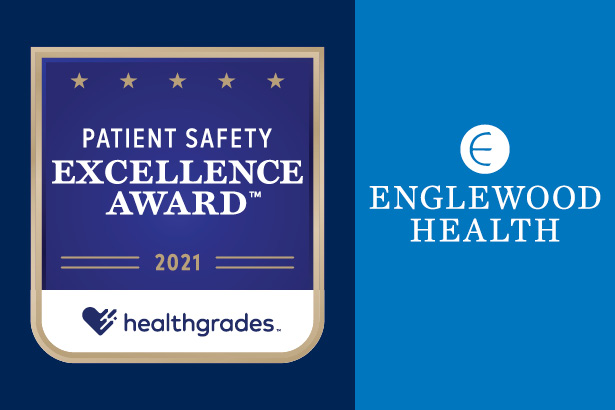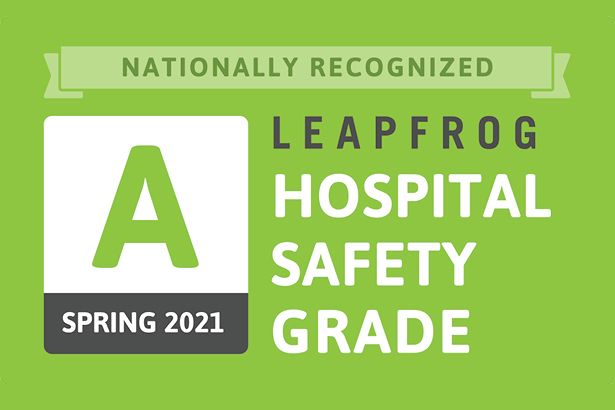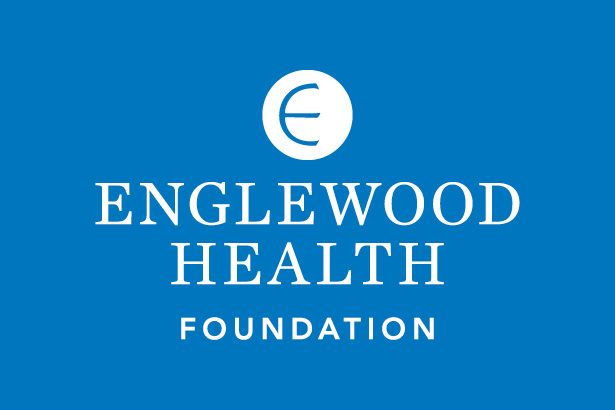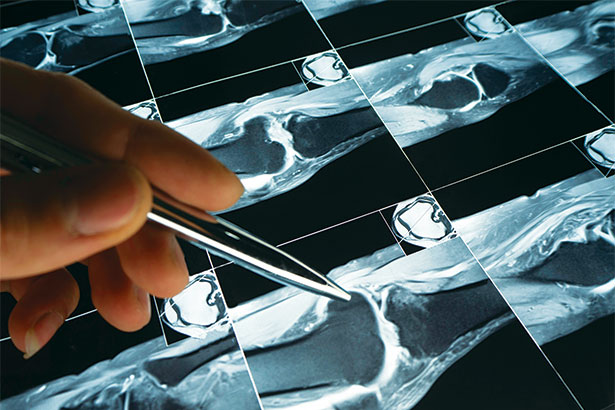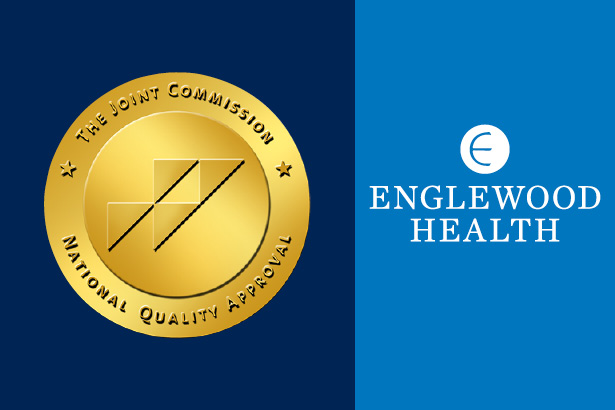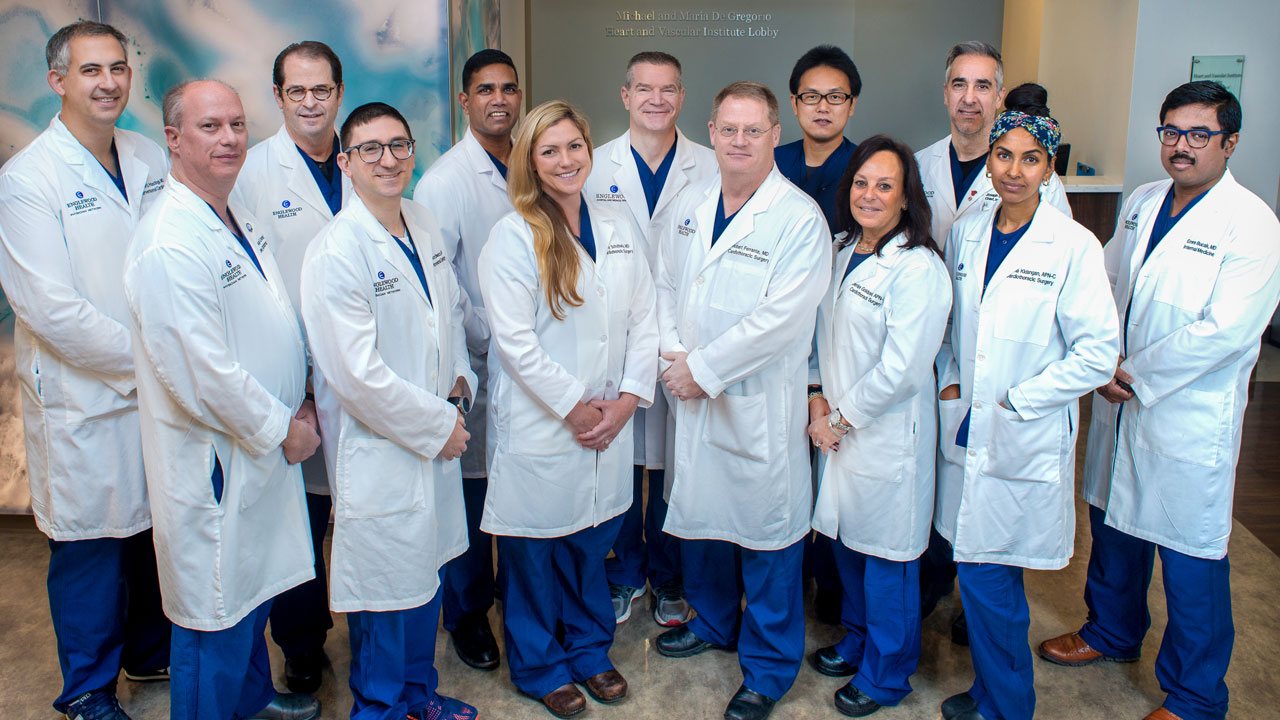
June 14, 2021 — The heart valve team at Englewood Hospital successfully performed its 1000th transcatheter aortic valve replacement (TAVR) procedure on a patient suffering from aortic stenosis, a debilitating type of heart disease. Initially one of the first hospitals in New Jersey to offer the procedure following its approval by the FDA in 2011, Englewood has become one of the leading TAVR centers in New Jersey.
The TAVR procedure was originally offered as an alternative treatment for patients with aortic stenosis who were not candidates for open-heart surgery due to their age or risk for complications. Since then, it has expanded to lower risk patients. Aortic stenosis, a narrowing of the valve, often leads to symptoms such as shortness of breath, lightheadedness, and fatigue.
“I’m so proud to work with such an accomplished team,” said Dr. Ramin Hastings, medical director of the structural heart and valve program. “Through the support of our community we have created a program that provides local expertise with outcomes in the top 10% of the country. Having cared for 1000 TAVR patients is a remarkable milestone for Englewood Health.”
Eliminating the need for open-heart surgery, the TAVR procedure allows an artificial valve to be implanted through a catheter that is inserted in the artery of the patient’s leg or chest. The TAVR team at Englewood Hospital, consisting of both interventional cardiologists and cardiothoracic surgeons who work together to perform the procedure, has observed a high success rate in TAVR patients, with outcomes better than the national average.
“It is an honor to celebrate this achievement with our entire team,” says Denise Goldstein, structural heart and valve program coordinator at Englewood Hospital. “Through the dedication and expertise of our multidisciplinary team, we have performed 1000 cases, with great results. We are extremely proud of this huge accomplishment.”
The treatment offers patients a less-invasive option with a quicker recovery, generally allowing them to return home the next day.
To learn more about the procedure and the Structural Heart and Valve Program, visit www.englewoodhealth.org/heart.

